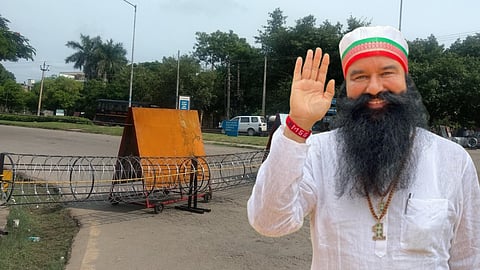The Punjab and Haryana High Court on Friday agreed not to close a public interest litigation (PIL) case relating to the violence that broke out in various areas of Punjab and Haryana in 2017 following the conviction of Dera Sacha Sauda Chief Gurmeet Ram Rahim in a rape case.

